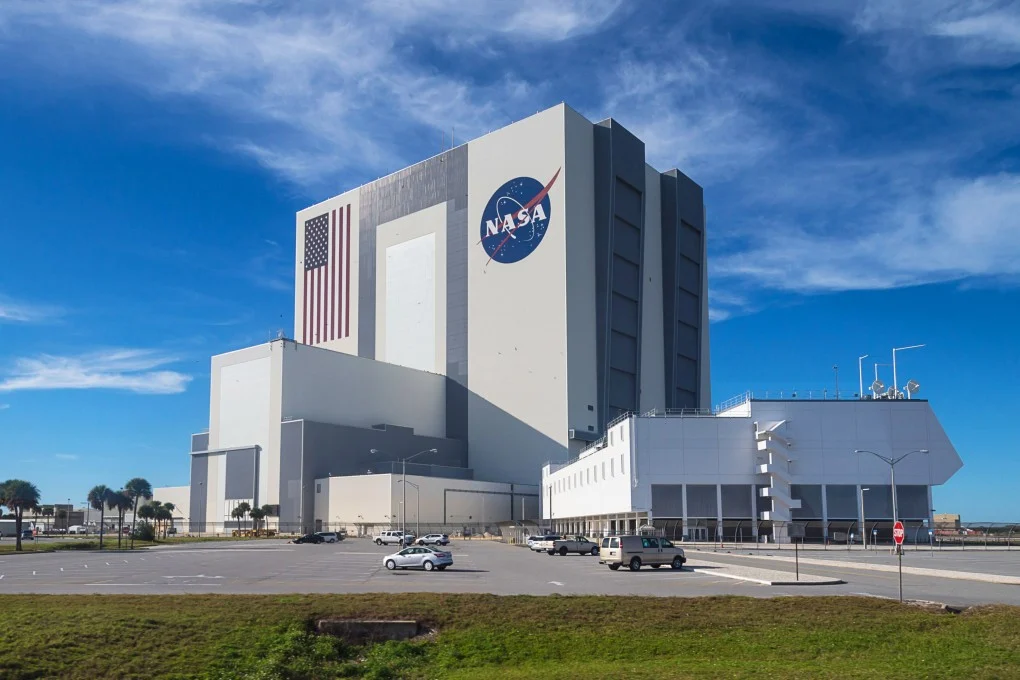The global space sector is witnessing a dramatic transformation as the United States and China accelerate their competition beyond Earth. This intense US China space race has turned what was once a collaborative vision of space exploration into a strategic rivalry with significant implications for science, technology, and geopolitics. Policies that restrict access to key facilities, combined with concerns over national security, have heightened tensions between the two largest economies. This competition is no longer limited to rockets and research. It encompasses influence, access to resources, and the future balance of power in orbit and beyond.
Rising Tensions Between Washington and Beijing
The rivalry between the United States and China in space exploration is closely tied to broader geopolitical struggles. Washington has long expressed concerns that sensitive technology could be exploited if shared with Beijing. As a result, measures have been introduced to limit Chinese participation in US-led space programs. These restrictions highlight the growing mistrust between the two countries. They make scientific collaboration more difficult while fueling further competition. At the same time, China has rapidly expanded its space program, launching advanced missions to the Moon and Mars. These missions showcase capabilities that rival traditional space leaders. Analysts at NASA and independent experts argue that this competition could redefine the global order in space research.
Competing for the Moon and Its Resources
The new space race is not only about prestige; it is also about resources and influence. The Moon is rich in minerals such as rare earth elements, iron, titanium, and even helium-3. It represents a strategic prize for any nation that can establish long-term presence and infrastructure there. The potential to use lunar resources for energy production, construction, and scientific research makes the competition more than symbolic. China has signaled clear ambitions to establish permanent bases. Meanwhile, the United States is advancing its Artemis program with similar goals. This rivalry extends beyond exploration. It raises critical questions about who will control the future of lunar industry and the ability to develop technologies that could be used back on Earth. For policymakers, this contest mirrors historic races for dominance over critical natural resources. Yet, it is now extended into space.
The Broader Implications for Global Security
The US-China space race also carries deep implications for security and international relations. Control over orbital infrastructure, lunar bases, or asteroid mining projects could provide a nation with strategic advantages. These advantages go far beyond science. Military concerns, cybersecurity, and the protection of critical satellites are all part of this emerging competition.
Countries allied with either the United States or China may find themselves drawn into new alliances. These alliances could shape the future of space governance. International frameworks like the United Nations Office for Outer Space Affairs emphasize cooperation. However, as the competition intensifies, these rules are being tested.
Meanwhile, commercial companies play a growing role, with private-sector investment helping both superpowers expand their capabilities. Organizations like SpaceX and other global players are proving that space exploration is no longer the domain of governments alone. The question now is not just who will land on the Moon first, but who will set the rules for humanity’s future beyond Earth.



